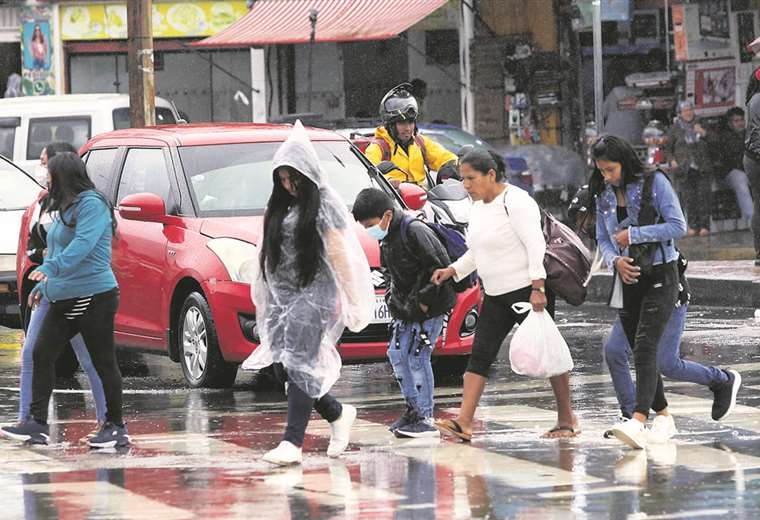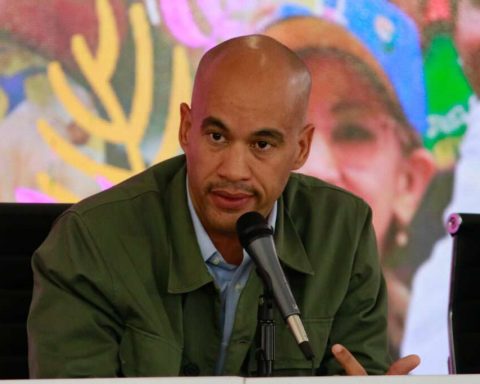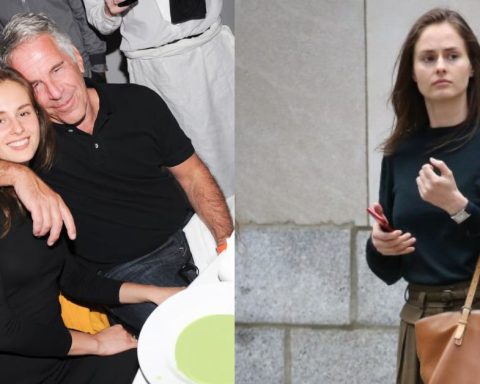The Civil Police of Paraná released this Sunday (17) a statement to justify the decision to have indicted federal criminal police officer Jorge José da Rocha Guaranho for the murder of municipal guard Marcelo Aloizio de Arruda, treasurer from PT. The crime took place on Saturday (9), in Foz do Iguaçu (PR). 
According to a note, the corporation discarded the indictment for political crime because there was no legal provision.
“The qualification for base motive indicates that the motivation is immoral, shameful. The applicable penalty can reach 30 years. There is no specific qualifier for political motivation provided for by law, so this is inapplicable. There is also no legal provision for the classification as “political crime”, since the old National Security Law was revoked by the new Law on Crimes against the Democratic State of Law, which does not have any applicable criminal type. Therefore, the indictment, in addition to being correct, is the most severe capable of being applied to the case”, he argues.
The findings of the survey were presented on Friday (15) by the chief delegate of the Division of Homicide and Protection of Persons, Camila Cecconello. The federal criminal police officer was indicted for doubly qualified homicide – for a clumsy, vile and socially reprehensible reason and for causing common danger, since he exposed third parties to risks, “including the victim’s wife, who could have been hit”.
The delegate argued that there was not – until that moment – enough evidence to say that the death of the municipal guard was a “political crime”. According to the police investigation, Guaranho went to the PT-themed party at which Marcelo Arruda celebrated his 50th birthday, to make “provocations” of a political nature, playing, at high volume, songs alluding to President Jair Bolsonaro.
“The provocation and discussion due to political opinions are clear, but it remains to be proved that his return [Guaranho] to the place was for that reason, since the wife said that he felt humiliated [após a discussão]. Therefore, it is difficult to say that it was a hate crime”, said the delegate when commenting on the difficulty in framing the case as a political crime.

















